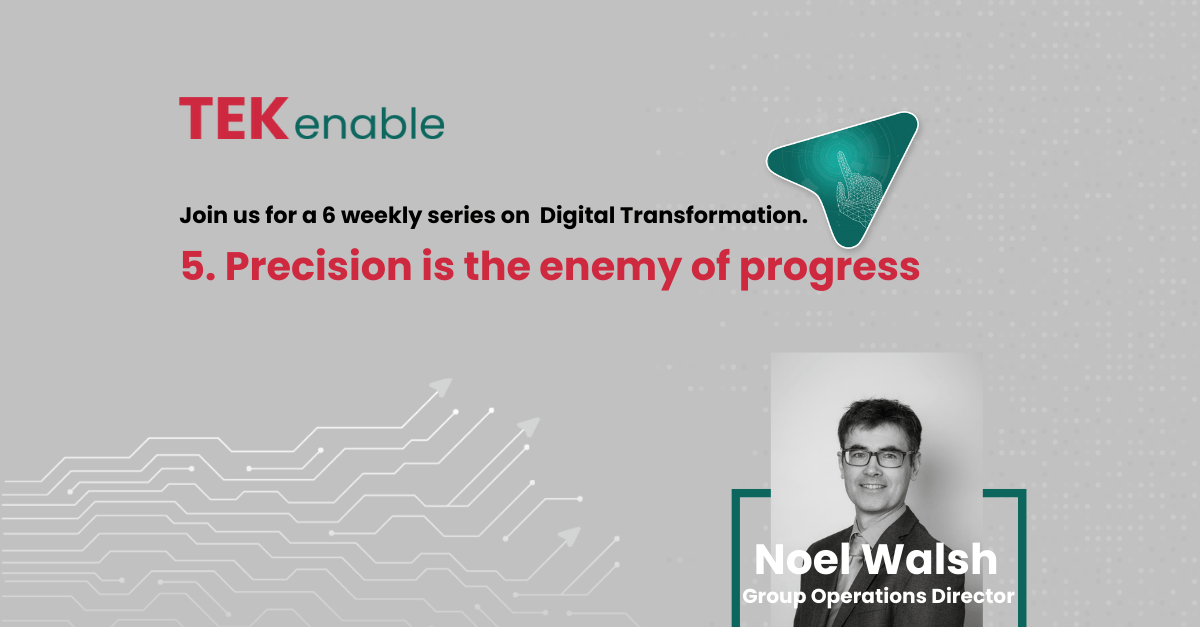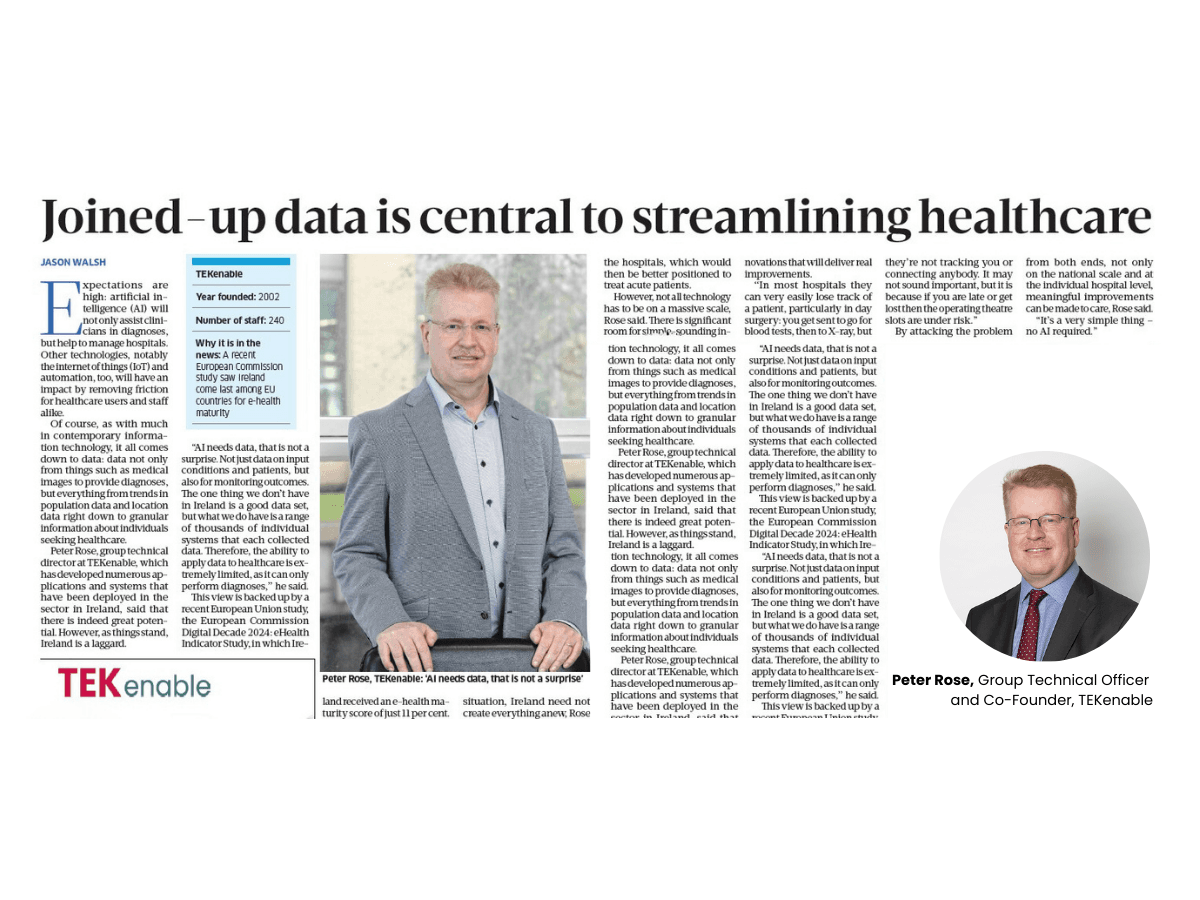Planning is important, but analysis paralysis needs to be avoided, so, when it comes to digital transformation, getting started is more important than trying to work out all of the answers.
The French Enlightenment philosopher Voltaire had something to say that has, over time, become an aphorism, such is its utility: “the perfect is the enemy of the good”. No-one in software development needs to be reminded that nothing is perfect: no piece of software has ever been shipped free of bugs. In fact, the same is true of everything, from manufactured goods to a meal in a restaurant.
And yet, striving to be good, to do things well, is a positive thing. After all, good enough might be good enough, but it may not be good enough for long. The question then is: how can this circle be squared?
In the realm of digital transformation, organisations can find themselves striving for precision in every aspect of their initiatives but is precision always desirable? What are the drawbacks of excessive emphasis on perfection? And should we value progress first and foremost?
The pitfalls of analysis paralysis
First things first: in the pursuit of precision, organisations may succumb to analysis paralysis – a state where decision-making stalls due to an excessive focus on gathering data and seeking the perfect solution. It’s a recognisable phenomenon, one we often experience when we want to make a choice, from which car to buy to which shirt to wear or which meal to order from the menu. In a business context, however, it can be disastrous, resulting in delayed implantation and missed opportunities in today’s fast-paced digital landscape.
While data-driven decision-making is crucial, it is important to strike a balance between gathering relevant information and actually taking action. As I have discussed in previous blog posts, rapid advancements in technology and shifting market dynamics necessitate agility and adaptability. As a result, rather than getting caught in the loop of endless analysis, organisations should focus on making informed decisions based on available information while understanding that adjustments can be made along the way.
There is a deeper concern than mere indecision, though: an obsession with precision can stifle innovation and discourage experimentation. Digital transformation is a journey of exploration and discovery, where failures, when kept small, often pave the path to future success. By embracing experimentation and learning from failures, organisations can uncover novel solutions, refine core strategies and adapt to the market.
The Minimum Viable Product (MVP) approach is an important example of valuing progress over perfection. Instead of striving for a fully polished product from the get go, it is possible to develop a basic version that can be tested, validated and then improved based on user feedback. This not only gets an actual product into the market, which is more important than ever, it also allows for faster learning and course correction that will ensure customer needs are met.
Leveraging low-code and no-code
Another way to prioritise progress over perfection is by looking to low-code and no-code platforms. These tools, which empower non-technical users to create and iterate upon digital solutions with minimal coding knowledge, reduce dependency on complex development cycles and, therefore, speed the delivery of prototypes and proofs of concept as well as allow for the simple deployment of internal systems and processes.
Low-code and no-code platforms also meet user needs by bringing understanding to the table: as individuals from various departments can contribute their expertise and perspectives, processes can be guided by experience not external rules or guesswork. This amounts, effectively, to a democratisation of the development process and drives creative problem-solving that can build on the institutional knowledge embedded in an organisation.
Change and Adapt
An adaptive mindset that values progress, agility and resilience over rigid precision is also a key tool. Recognising that the pace of change today is not only faster than ever before, it is continually increasing, businesses operating in the digital landscape (which, today, is all businesses) is constantly evolving, and so solutions must be able to adapt and change.
By encouraging a culture of continuous learning; both formally and informally, organisations can foster an environment where individuals are empowered to take risks, learn from failures and to build and iterate their ideas. And this is the core of innovation.
Needless to say, this is not a manifesto encouraging sloppiness. Precision has its place in digital transformation, but an excessive emphasis on perfection will hinder progress and impede innovation. By prioritising progress over perfection, organisations can break free from the trap, while encouraging learning and adopting flexible and responsive solutions will help any organisation to navigate the complexities of digital transformation.





